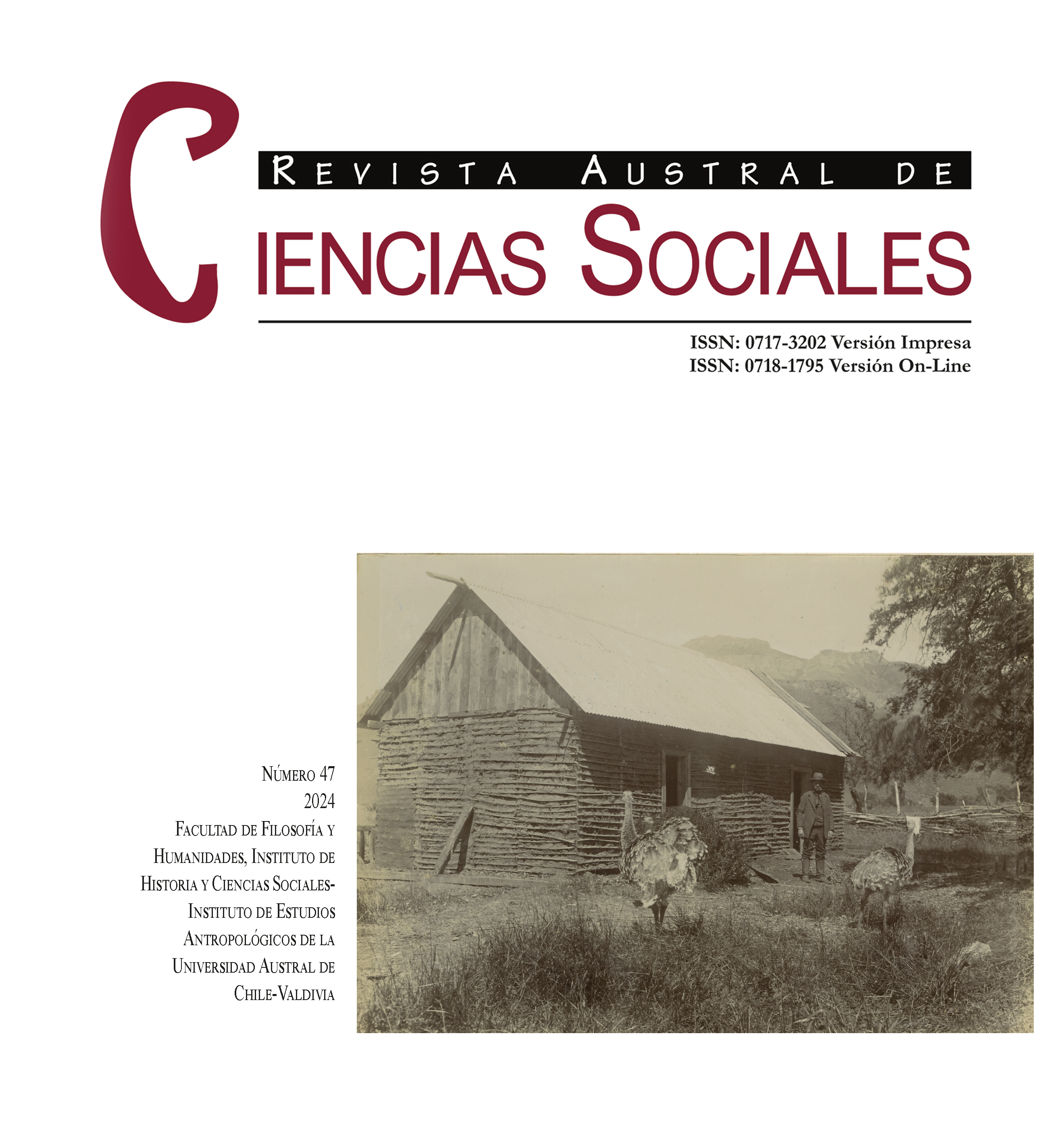Biocultural dimensions in the trajectory of a free trade fair of family farmers in Patagonia Argentina
Main Article Content
Abstract
Free Trade Fairs are spaces of great biocultural importance whose permanence and development over time depend on the interaction of numerous socio-environmental, economic and political factors. This article seeks to: 1) reconstruct the trajectory of the Nahuel Huapi Family Farmers’ Fair and the main milestones of its constitution; and 2) identify the main dimensions that influence its dynamics and functioning. The methodological approach included participant observation, in-depth interviews and virtual ethnography. The dynamics and direction of the fair are discussed in terms of four main dimensions: socio-political and organizational; productive; communicational and cooperation; and gender. We conclude on the importance of uncertainty management mediated by cooperation and learning, mainly among women, which facilitates the reorientation of practices and expectations of the collective in the face of the challenges posed by a changing socio-environmental context.


 https://orcid.org/0000-0002-2222-9426
https://orcid.org/0000-0002-2222-9426